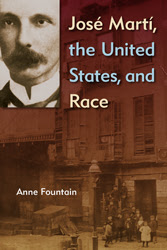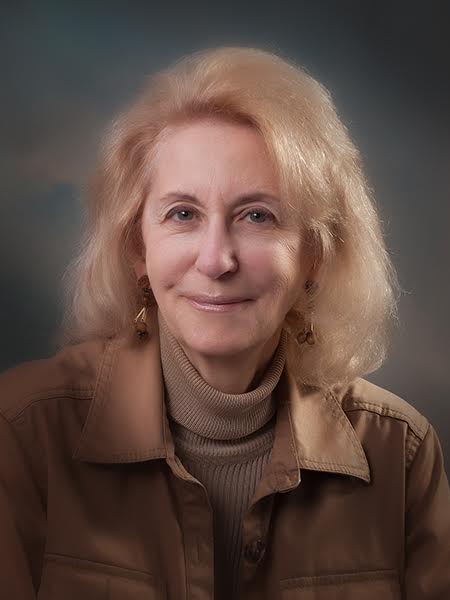“I write about Cuba because it’s so misunderstood,” says Dr. Anne Fountain. She was originally guided to the shores of this island nation by one of her professors at Columbia. He was interested in José Martí, who is considered a national hero in Cuba. Fountain’s interest in Martí culminated in the publication of her latest book, José Martí, the United States, and Race (University Press of Florida, Aug. 2014).
Dr. Fountain describes Martí as being the key to understanding race in the Americas. He lived in the United States during the last fifteen years of his life and wrote about the role of slavery, the Abolitionists, and the treatment of the Indians and Chinese in the States. His verse also inspired the classic song “Guantanamera,” popularized by Pete Seeger. Martí’s important essay “Our America” is a manifesto against racism and has been widely anthologized, and yet Fountain discovered that many English versions had distortions because the translators did not understand the lyric Spanish of Martí.
Dr. Fountain, who is a professor in World Languages and Literatures at SJSU, understands the challenges. She is not only a writer of her own texts; she also has translated several works from Spanish. She describes her approach to translation as “one of humility. I ask if there could be another nuance to the language. It’s also essential to understand the context of the work.” In this regard she read the complete works of Martí—no minor task considering that his collected oeuvre of letters, poems, essays, newspaper articles, a novel, and a children’s magazine fill twenty-eight volumes in the most recent complete edition.

Other translations by Dr. Fountain include two books by Cuban author Nancy Alonso: Closed for Repairs/Cerrado por Reparación and Disconnect/Desencuentro. “I had taken a trip to Cuba for a translation conference and picked up her book, a short story collection,” said Fountain. “When I started reading, I just fell in love with the writing. I knew instantly I wanted to translate it. I called Nancy Alonso and pitched my idea—but many people want to translate her work. In the background I could hear her partner saying, ‘Do it! Do it!’ because I had translated Martí.” After much finagling with visas and immigration, Fountain brought her cohort to San José State this month, where Alonso is giving numerous talks around campus and throughout the Bay Area.
Anne Fountain’s own gift with the Spanish language comes naturally. She was born in Buenos Aires and later lived and studied around the globe, including Puerto Rico, Switzerland, Mexico, and finally the United States.
In fact, the thread of bilingualism runs through Fountain’s home life as well. Her husband, Dr. Michael Conniff, is an expert on Latin American history and is also a professor at SJSU. Coincidentally, Fountain has one daughter who is a Spanish professor, and her other daughter, an actress in New York, is fluent as well. Even grandson Owen speaks español like a native.
It is doubtful that, in this family, much is lost in translation.
By Cathleen Miller



